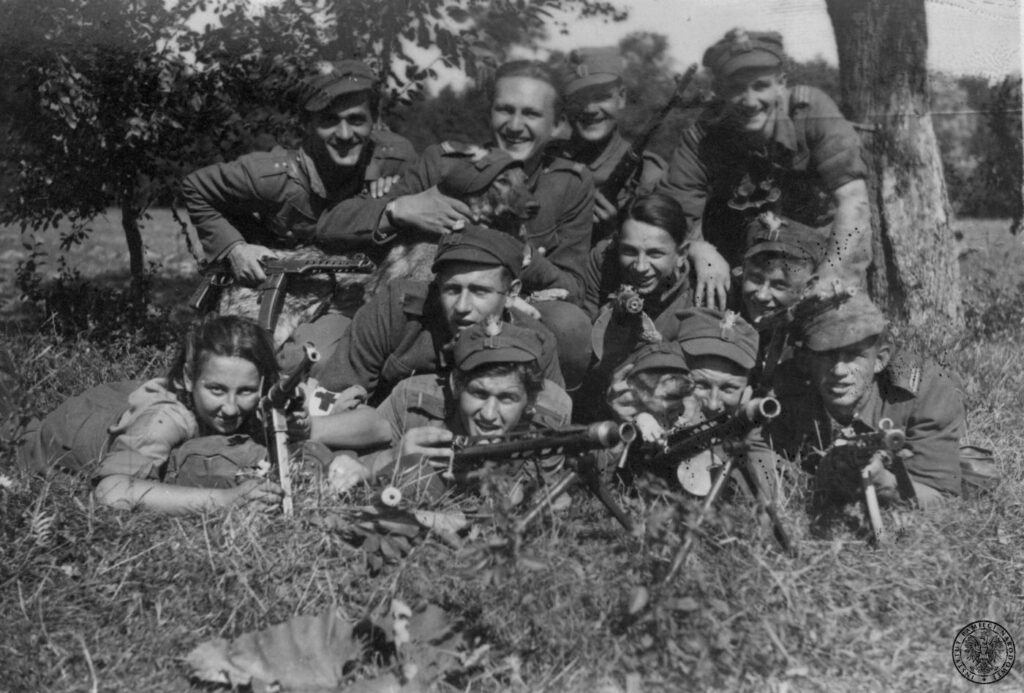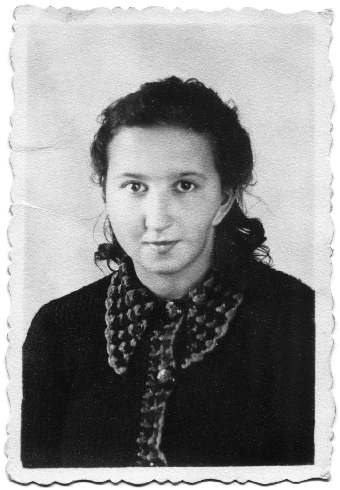Danuta Siedzikówna joined the Home Army when she was 15 years old and served as nurse. After the war, when the communists came to power, she was unjustly accused of conspiring against the government and sentenced to death.
Danuta Siedzikówna was born in small village near to Białowieża Forest in 1928. When the Second World War broke out, the area where Danuta lived was occupied by the Soviets. Her father was arrested and exiled deep into the Soviet Union. Danuta’s mother was a soldier of the Home Army. After the Nazis occupied eastern Poland, she was arrested by the Gestapo and executed in a forest near Białystok in 1943.
In December 1943, Danuta and her sister Wiesława swore an oath to the Home Army and formally joined the resistance. She was sent to a sanitary course to be trained as a nurse and was given the nickname ‘’Inka’’.
The resistance movement units in the area Danuta operated in took an active part in the “Tempest” operation, the purpose of which was to fight with the Red Army against the Nazis. The Soviets introduced terror in the “liberated” territory and began to install subordinate authorities. Some units of the Home Army decided to fight against the Soviets. One of them was the 5th Vilnius Home Army Brigade commanded by Major Zygmunt Szendzielarz.
In June 1944, “Inka” was arrested by the NKVD for her cooperation with the Polish resistance movement. She was saved from prison, and probably from death, by the soldiers of the 5th Brigade, who freed her from captivity. From that moment she had to hide from the communists. She changed her name but remained in the brigade as a nurse and liaison. She served in the unit of second lieutenant Zdzisław Badoch.
In June 1946, she went to Gdańsk to get medical supplies for the unit. She was arrested on 20 July and sent to prison where she was tortured for information. She was accused of participating in a plot to overthrow the government. Although she was a nurse, she was accused of murdering militiamen and security corps soldiers. Communist propaganda in the press called her the “bloody Inka”.
Less than two weeks later, on 3 August, a communist court sentenced her to death. On 28 August, she faced a firing squad, but none of the soldiers wanted to kill her. Although they were standing a few steps away from her, Inka was only wounded. At. 06.15, the platoon commander killed Inka with a shot to the head.
The location of Danuta’s remains was unknown for many years until her grave was found in 2015.

© Institute of National Remembrance
